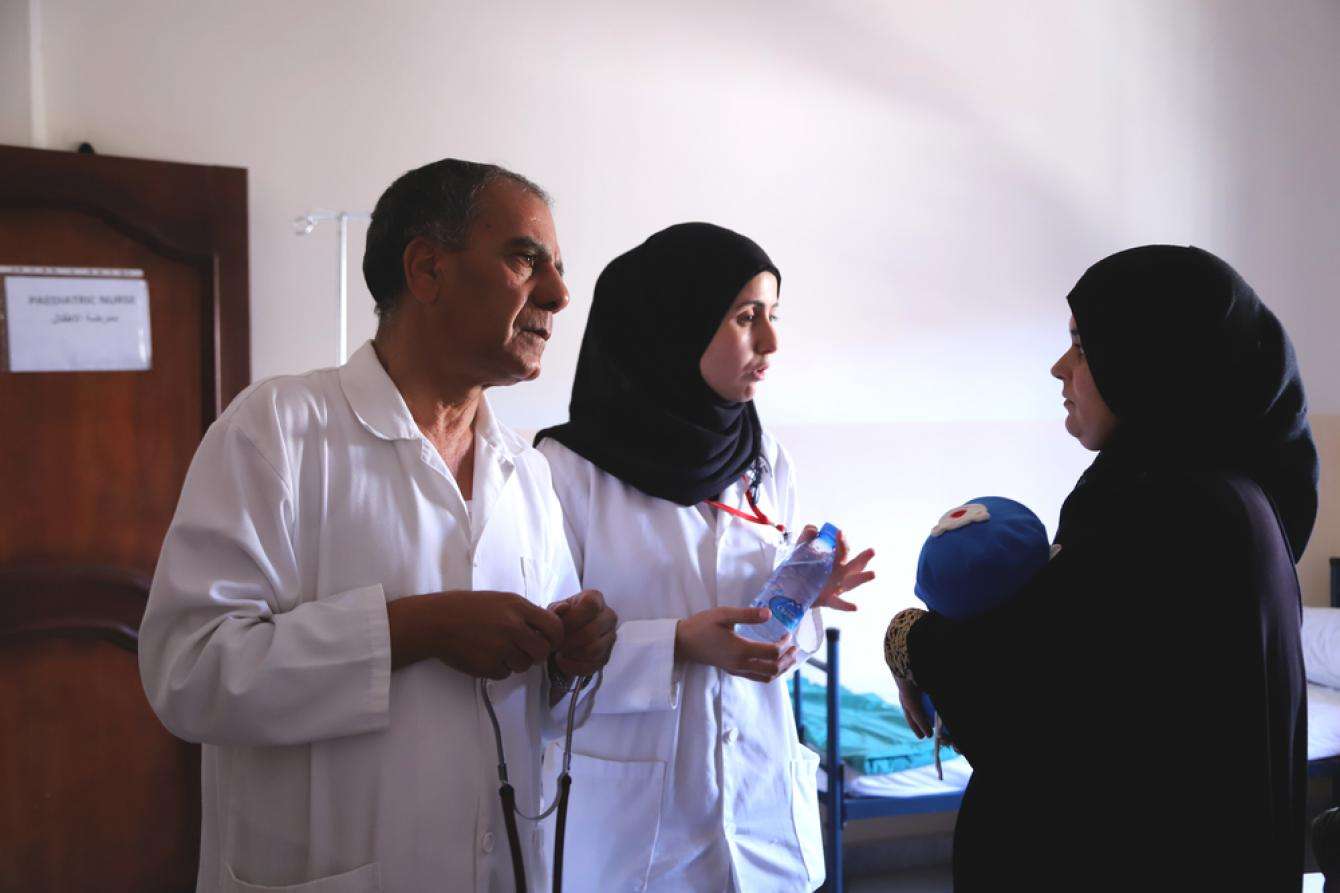AUGUST 16, 2018—After a year of relative calm in the town of Arsal, northeastern Lebanon, many medical needs remain unmet among the local Lebanese population and the Syrian refugees in the area, Doctors Without Borders/Médecins Sans Frontières (MSF) said today, calling for better access to secondary care for local residents and refugees.
MSF has worked continuously in Arsal since 2012, providing primary health care as well as maternity services to Lebanese residents and Syrian refugees.
Sergio Bianchi, MSF project coordinator, gave the following account:
Arsal has been strongly affected by the Syrian crisis. Not only does it host a high number of Syrian refugees, but the residents of Arsal have suffered from instability, with armed groups present in the area for years. Access to the town was limited, which had a huge impact on the conditions in the town, the residents' access to basic services and the delivery of international humanitarian assistance. MSF started providing primary health care services, maternal care and pediatric care, free of charge, in order to ensure the availability of these services through these tough times in Arsal.

Our teams faced numerous challenges, mainly related to security but also due to the lack of other aid organizations and health care providers in the town. The battle of Arsal in the summer of 2017 pushed armed groups from the area completely and brought relative stability to the town. As a result, MSF was able to step up its response in Arsal, developing outreach activities in the community and reinforcing the team with expert international staff.
Yet, despite the improvement in the security situation in Arsal over the past year, people do not have adequate access to medical services. There are few organizations in this town providing primary health care. Specialized secondary health care services are not accessible to the community, as there are only two field hospitals in Arsal, both with limited capacity.
Our teams struggle to refer patients to more advanced medical facilities, especially newborns and patients needing specialized care for chronic diseases or psychiatric services. For instance, it could take two to three hours to refer a newborn baby who needs an incubator. This is because many patients need to be sent outside Arsal, to Zahle, Beirut, or even Saida. Furthermore, some of our Syrian patients do not have the papers that allow them to travel.
The fact is that the health needs of people in Arsal are not being met by the services offered in Arsal today. This gap is especially serious at the secondary health care level. More assistance is needed in Arsal in order to meet the needs of both the Syrian and Lebanese populations who are in urgent need of quality, affordable care.
In Arsal, MSF provides medical care including pediatric consultations, treatment for chronic diseases, sexual and reproductive health services (including about 80 normal deliveries per month), mental health consultations, and health promotion activities.




